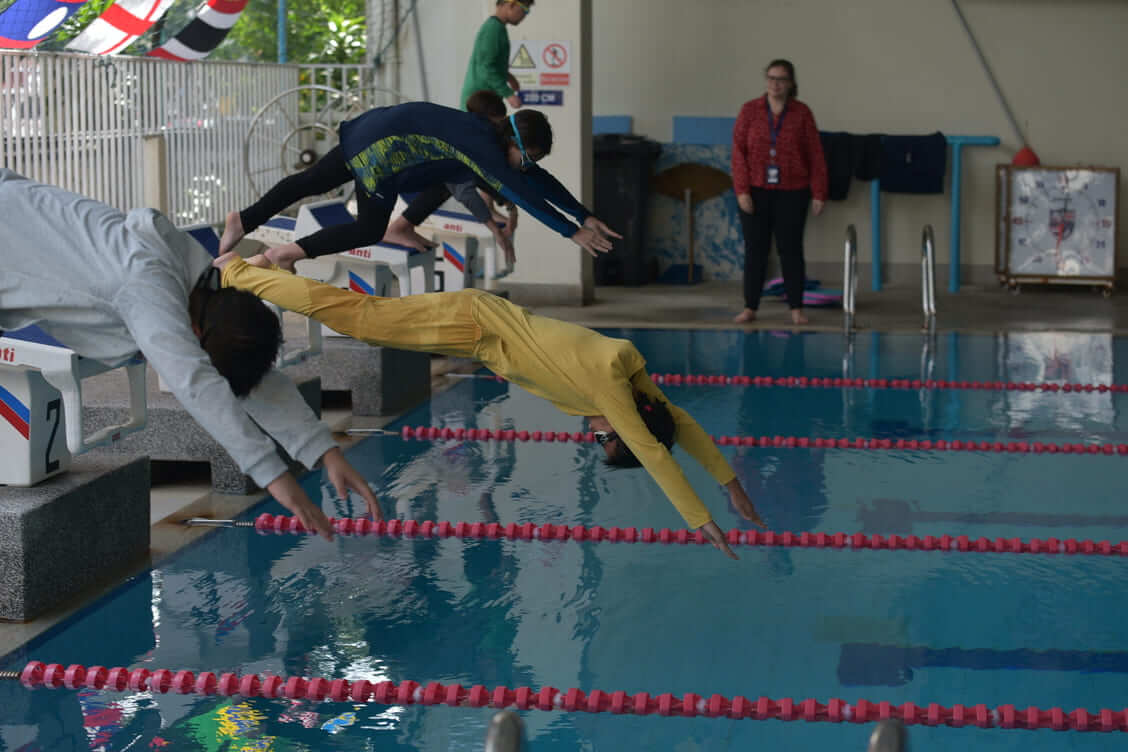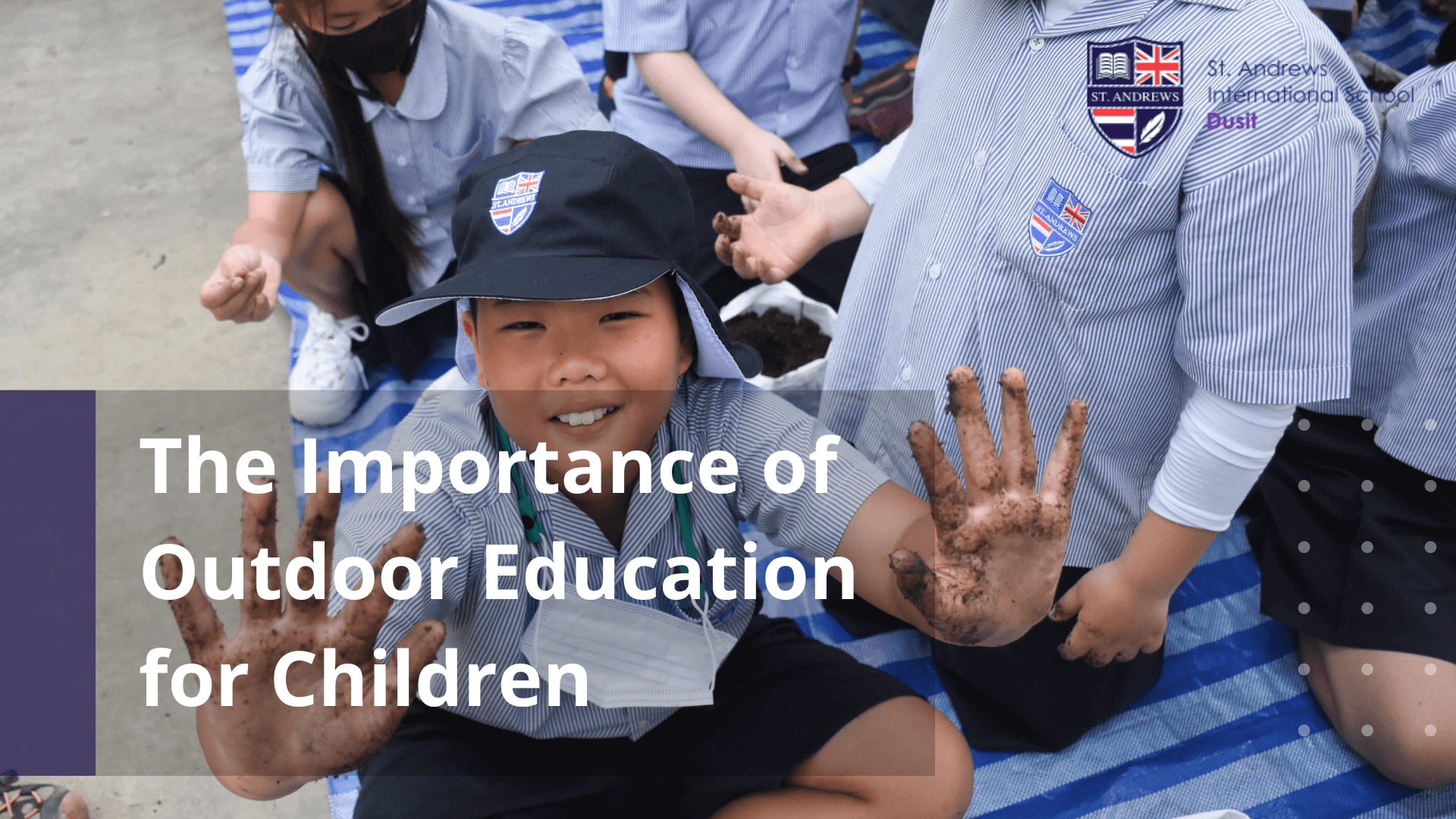Practically all parents are aware of the value of high-quality education in their kids’ future, but few are aware of the importance of outdoor education for children.
In fact, for the vast majority of parents, this seems like a subject that is far from their minds when they’re deciding on which school to send their children to. However, providing outdoor education for school-age children is so important because it rewards them with a number of benefits across multiple areas of their life.
What Outdoor Education for Children Means
Outdoor education for children provides an exciting and engaging means for promoting effective learning. It’s a dedicated and organized approach in learning that relies on special activities and resources that can effectively boost learning, environmental awareness, and psychological health and wellbeing.
Outdoor learning for children may be conducted onsite (i.e., within the school) or offsite (e.g., a trip to the zoo). Teachers can easily incorporate it into their school’s current curriculum using minimal extra effort and resources.

The Importance of Providing Outdoor Education for Children
Enabling children to learn outdoors can have tremendous benefits to their learning and development. It offers a variety of opportunities for them to experiment, explore, and learn things firsthand and contextually.
Outdoor education for children can lead to many positive outcomes. Here are the top five reasons why it’s important to provide outdoor education to children:
1. Enhanced Mental Health
Studies have shown that spending time in nature can have a positive influence on the psychological health and wellbeing of children. At the same time, it was discovered that lack of outdoor learning opportunities has led to a phenomenon called ‘Nature Deficit Disorder‘, which is linked to behavioral issues.
To avoid this condition as well as to promote mental wellness, children can take their learning outdoors and benefit from improved mood, greater self-assurance, and even better overall health.
There are many stressors present in this modern world, not just for adults but even for children. At present, school-age children suffer stress due to academic pressure, peer pressure, and social media pressure. Some children face greater stress than their peers, depending on their circumstances: for instance, Asian children are notorious for being very academically competitive, and the same is true for children whose parents have set very high goals for them.
Regardless of a child’s background, one thing is for sure: He or she faces stress on a daily basis. Fortunately, learning outdoors is a very simple and virtually free way to lower children’s stress levels. And here’s a bonus: Happy and healthy children are usually more motivated to learn, which can lead to improved learning outcomes.
2. Enhanced Development
School-age children are still reliant on their parents or guardians for most things. However, through outdoor learning, children can get a taste of freedom and independence, two crucial elements in their development.
Outdoor education usually does not follow typical school rules, such as predetermined seating plans and conventional assessment methods (like written exams). This provides both the teachers and the students with the freedom to teach and learn in unique and exciting ways.
Studies have shown that outdoor learning not only improves knowledge and understanding of topics that are being studied; it also improves children’s motivation, communication skills, social skills, and physical skills. As a result, children who experience outdoor learning have better learning attitudes, cooperative skills, self-confidence, and self-esteem. These are all important skills and traits that will help them perform better not only in school but in the outside world or life in general.
3. Better Curriculum Learning
The dramatic change in students’ learning environment—from the four walls of the classroom to the vast expanse of nature—can make a large number of concepts and ideas come to life. For instance, science, social sciences, physical education, and arts are all more fun and practical to learn in an outdoor setting compared to a classroom. Even subjects like mathematics and language can be more concrete when studied in an outdoor space and when they involve tangible materials that naturally occur in the environment.
Outdoor learning for children gives them practical, real-life experiences that they crave as young people. While textbooks can be engaging, there is no doubt that an authentic real-life experience is a lot more memorable than even the most well-written paragraph in a book.

4. More Inclusive Learning
Every child is unique; each learns best in his or her own way. For some children, traditional classroom learning is not the best way to develop and nurture their young mind. This is particularly the case for children who have special educational needs.
One of the great things about outdoor learning is that it provides more inclusive education for all children. It allows for a greater variety of activities for students who have distinctive learning styles.
Instead of the conventional method for learning (which mostly focuses on memorizing facts and reciting them back from books), outdoor education enables children to engage all of their senses in the process of learning. In the process, children get more in touch with their body and their own abilities as they strive to build their knowledge about themselves and the world.
5. Oneness With Nature and Humankind
Last but not the least, it should not come as a surprise that a major benefit of outdoor education in children is greater connectedness with nature. While their science subjects include the study of the environment, there’s no doubt that watching birds fly in the sky is infinitely better than simply looking at textbook pictures of birds.
When children’s lessons are conducted outdoors, they are given the chance to experience nature not just as an observer but as a part of it. They can gain an understanding of their role in the world and be inspired to actively care for nature, rather than just passively admire it. As a result, they can feel more connected not only to the environment but also to other people who share the world with them.

Get Holistic Education For Your Children in a Trusted International School in Thailand
If you want your children to gain the many amazing benefits of outdoor education, St. Andrews International School Dusit might be the right school for them.
Located in Bangkok, St. Andrews International School Dusit is a well-respected primary school that recognizes the benefits of outdoor learning. It follows the British International curriculum and provides a fun, safe, and inspiring learning environment for students with ages 2 to 12.



